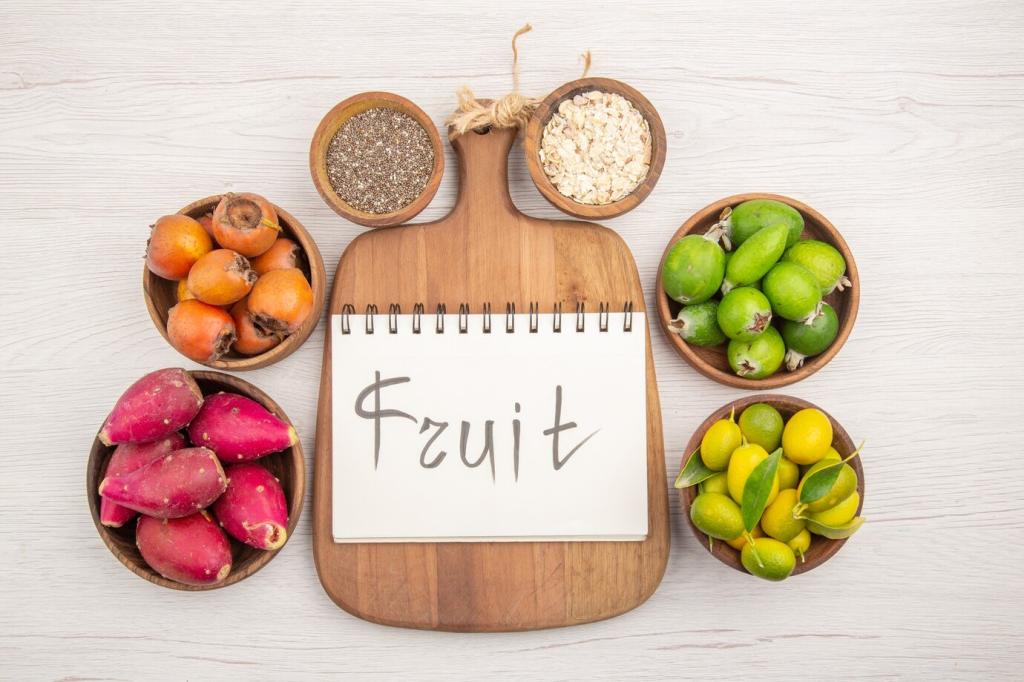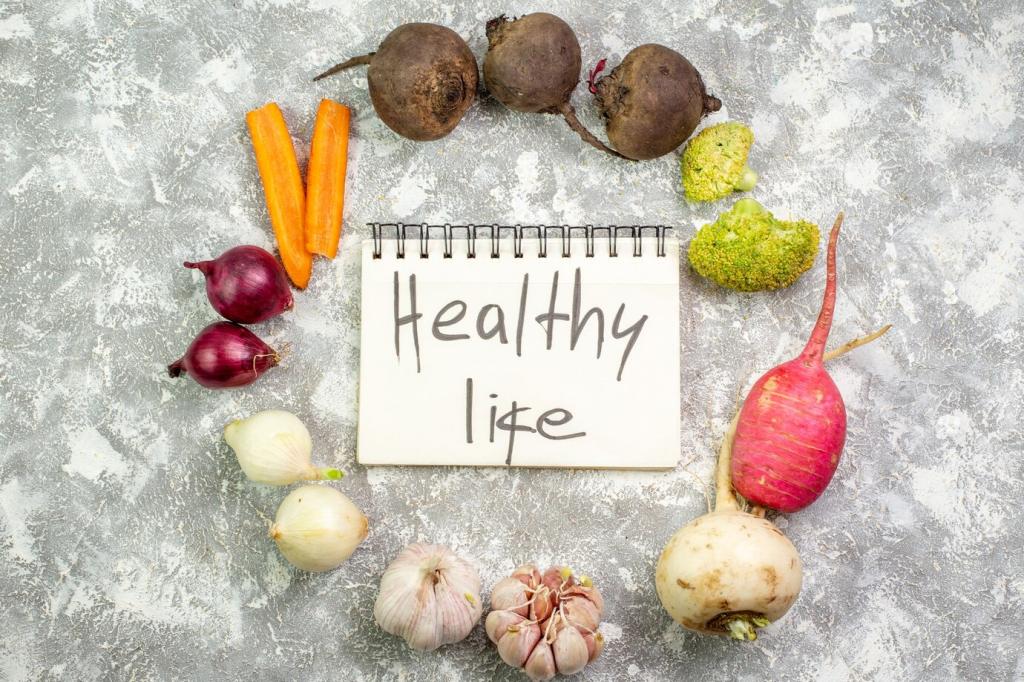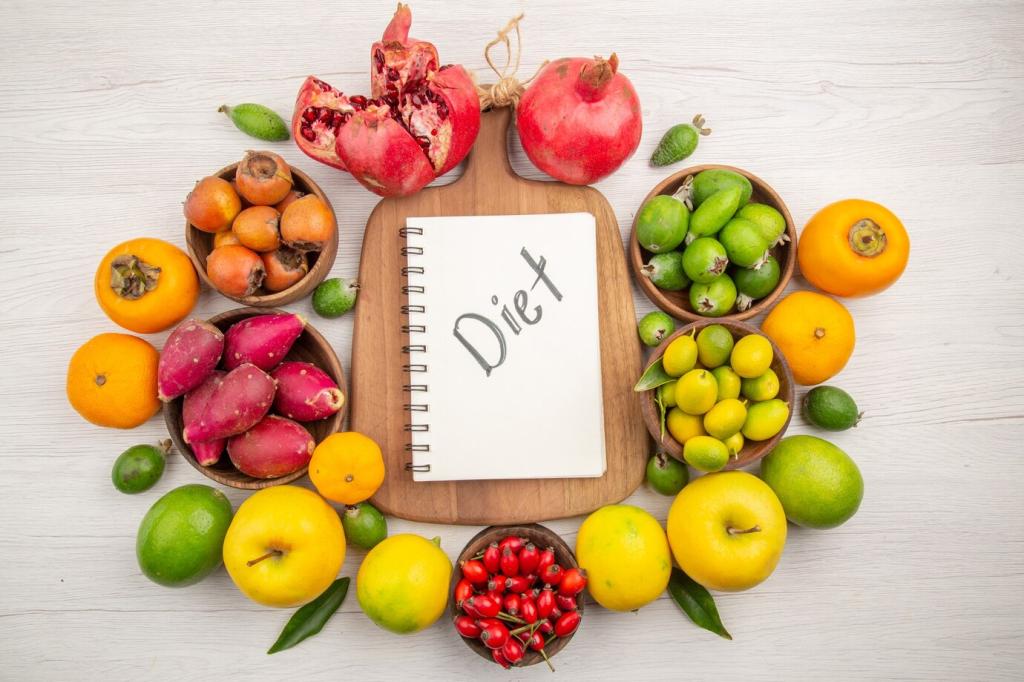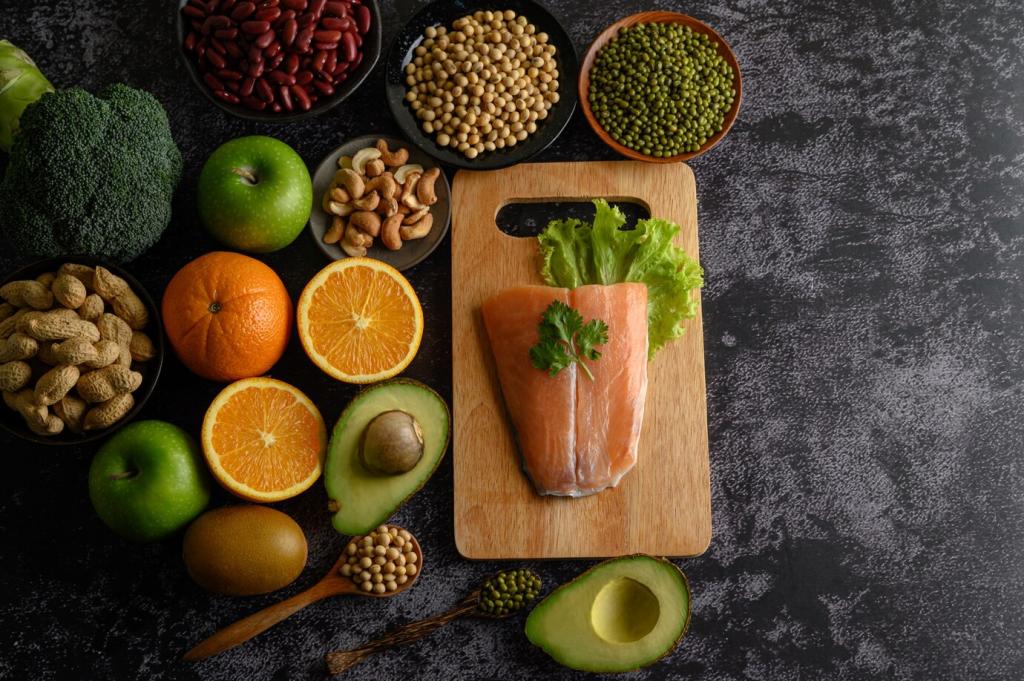Beyond Muscle: Protein’s Wider Impact
Adequate protein supports antibody production and tissue repair when stress is high. During travel, pack portable options and hydrate well. Post your best airport or tournament protein hacks so teammates and readers can benefit immediately.
Beyond Muscle: Protein’s Wider Impact
Protein contributes to bone matrix alongside calcium and vitamin D, an especially important combo for master athletes. Pair intake with resistance training and impact work. What habits keep your shins, hips, and back feeling sturdy during long seasons?







